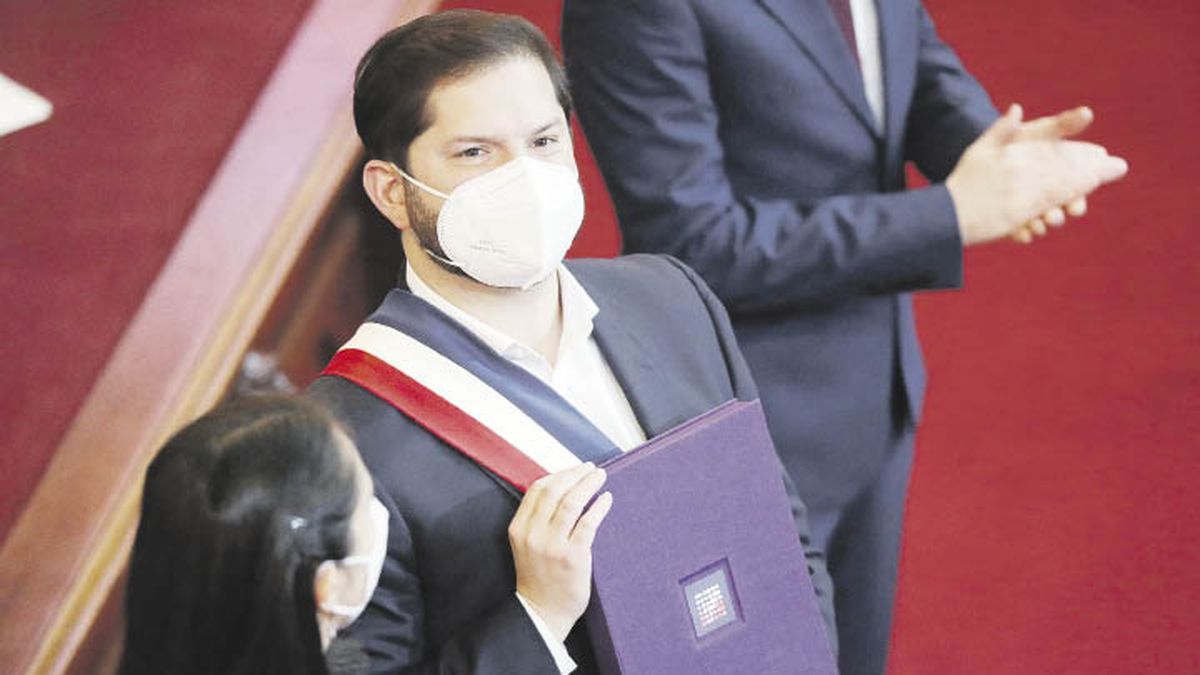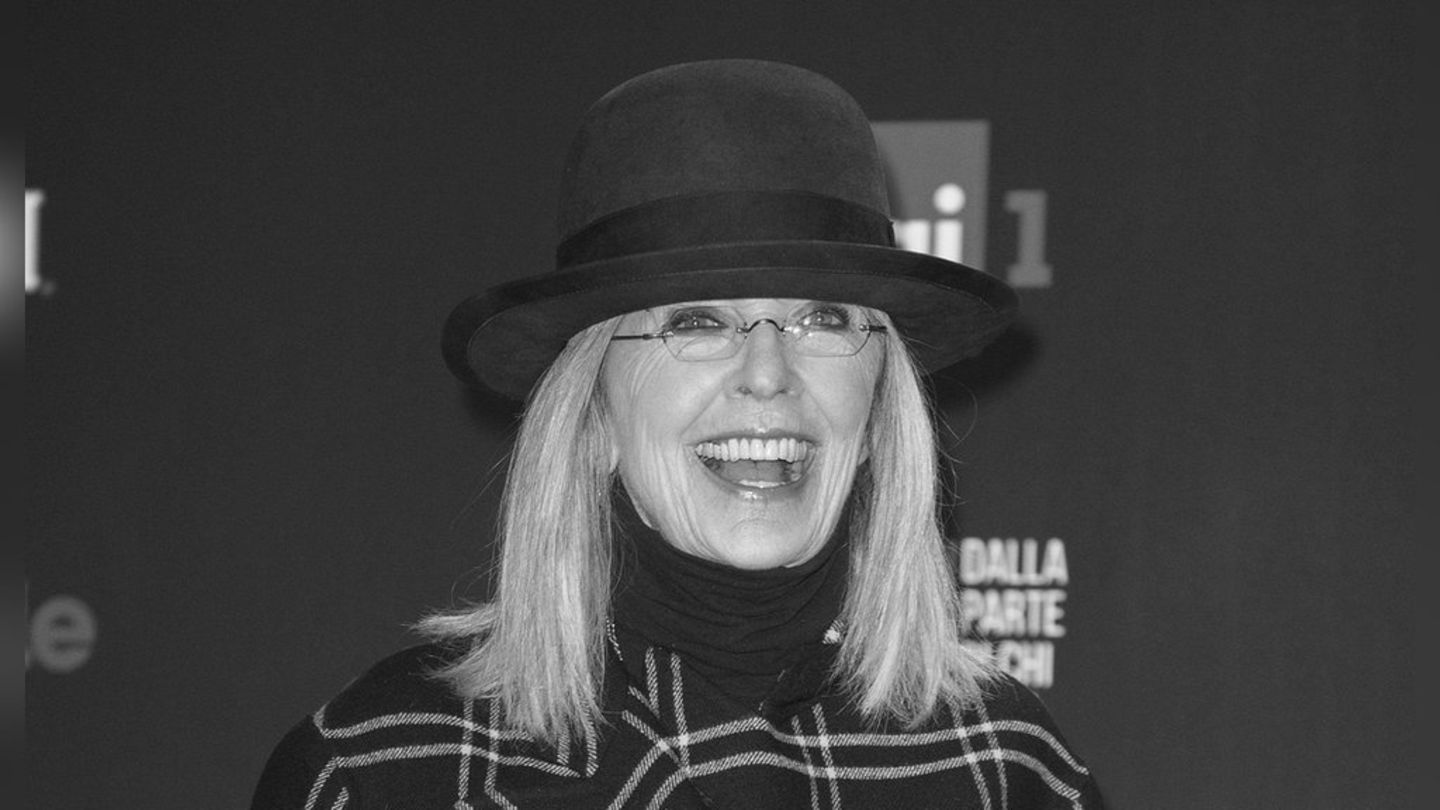The president immediately signed a decree that calls for the plebiscite with a mandatory vote on September 4 and that will consult more than 15 million voters if they approve or reject the change in the Pinochet Magna Carta.
“It will once again be the people who will have the last word on their destiny. We are beginning a new stage,” stressed the left-wing president.
María Elisa Quinteros, the president of the Convention, stated that the text “is perfectible” and that they hope that “it will be the minimum floor that contributes to consolidating a society with greater equity”, alluding to another of the discussions that has gained strength in the last time about the possibility of transforming the text via Congress once it is approved.
Points
After more than 40 years of an ultra-liberal economic model, in 2019 there was transversal support for seeking a model that would guarantee a welfare state with the right to education, health and more decent pensions, something that the proposal includes.
It also proposes greater autonomy for indigenous territories, at a time when Chile is going through a resurgence of the conflict between the State and the Mapuche ethnic group in the south of the country. This point is especially resisted by the right.
During its voting stage in recent months, the plenary session rejected some proposals that raised heated discussions such as the nationalization of mining resources in the world’s largest copper producer, although it adopted substantial changes to political power such as the elimination of the Senate and its replacement by a Chamber of the Regions, which will have fewer powers.
Ceremony
The day began with a Mapuche ceremony on the Santa Lucía hill in the center of Santiago, which was later accompanied with drums and typical costumes by some of the 17 conventions from native peoples who participated in the drafting.
Outside, defenders of constitutional change raised Chilean and Mapuche flags to the sound of the theme of the Right to Live by Víctor Jara -assassinated after the 1973 military coup-, alternating with Bella Ciao, anthem of the Italian resistance during the tyranny of Benito Mussolini (1922 -1945).
“This is a long job, you have to be patient and wait. The new generations are going to receive the fruits of now,” said Diana Díaz, a 75-year-old retiree with her Chilean flag in hand. The surveys show a complex panorama for the ratification of the text (see separately).
capsizing
With the culmination of the unprecedented constitutional, democratic, joint process and with the participation of the native peoples, Chile begins the final stretch of its constitutional process in the midst of a climate of fear and uncertainty exploited by defenders and detractors who now, with the final version of the text in the street, they will have to refocus the debate in the face of the plebiscite.
“Regardless of the result of the plebiscite, Chile has already changed,” said the vice president of the Constitutional Convention, Gaspar Domínguez.
A large part of the right-wing conventionalists – who were a minority – described the constitutional process as a “failure” and a “lost opportunity” and will campaign for the rejection of changing the 1980 Constitution, written by a handful of men behind closed doors during the dictatorship of Augusto Pinochet (1973-1990).
“I invite you to intensely debate the scope of the text, but not about falsehoods, distortions or catastrophic interpretations that are alien to reality,” said President Boric.
“Fake news”
To date, social networks and the media have seen “a lot of misinformation about what the Constitution is and therefore what is required is to explain the text,” said Claudio Fuentes, an academic from Diego Portales University.
Although the official campaign for the “rejection” and “approve” options begins on July 6, posters have already been displayed on social networks and even in the streets of the country’s cities that coincide in promising hope or ensuring the “self-destruction” of the country, in the name of the eventual victory of any alternative.
“Surely it will be a very polarized campaign,” says Fuentes.
Source: Ambito
David William is a talented author who has made a name for himself in the world of writing. He is a professional author who writes on a wide range of topics, from general interest to opinion news. David is currently working as a writer at 24 hours worlds where he brings his unique perspective and in-depth research to his articles, making them both informative and engaging.




